Monte Carlo experiments use computation and repeated random sampling to obtain numerical estimates for various natural or mathematical processes. Their efficient use requires access to fully random sequences of numbers, although in practice, this generally means pseudo-random numbers generated through computation. The results are not truly random. An attractive alternative would be to use the fundamentally unpredictable laws of quantum physics to generate sequences of truly random numbers. However, as LML Fellow Isaac Pérez Castillo and colleagues examine in a new paper, this turns out to be harder than expected.
A truly random sequence of numbers should be both unpredictable and also unbiased, meaning that there are no significant imbalances in the frequency of the occurrence of different sub-sequences. In the paper, they use two distinct methods to explore how quantum random number generators perform on the second measure. Although it is widely believed that quantum methods are superior to pseudo random number generation methods, the authors find that the quantum methods actually perform rather poorly in tests. Experimental devices based on quantum mechanics tend to introduce correlations into outputs, and so the numbers they generate are not unbiased. However, the authors also explored a novel quantum strategy based on extracting sequences from the least significant digits of photon times of arrival. They conclude that this may be a promising route toward more truly random number generation based on quantum physics.
The paper is available at https://arxiv.org/pdf/1810.08718.pdf
LML is a charity. If you enjoyed reading this, please consider supporting us.

Leave a Reply